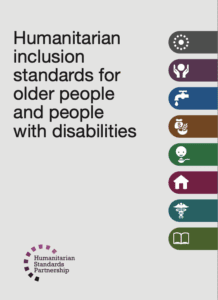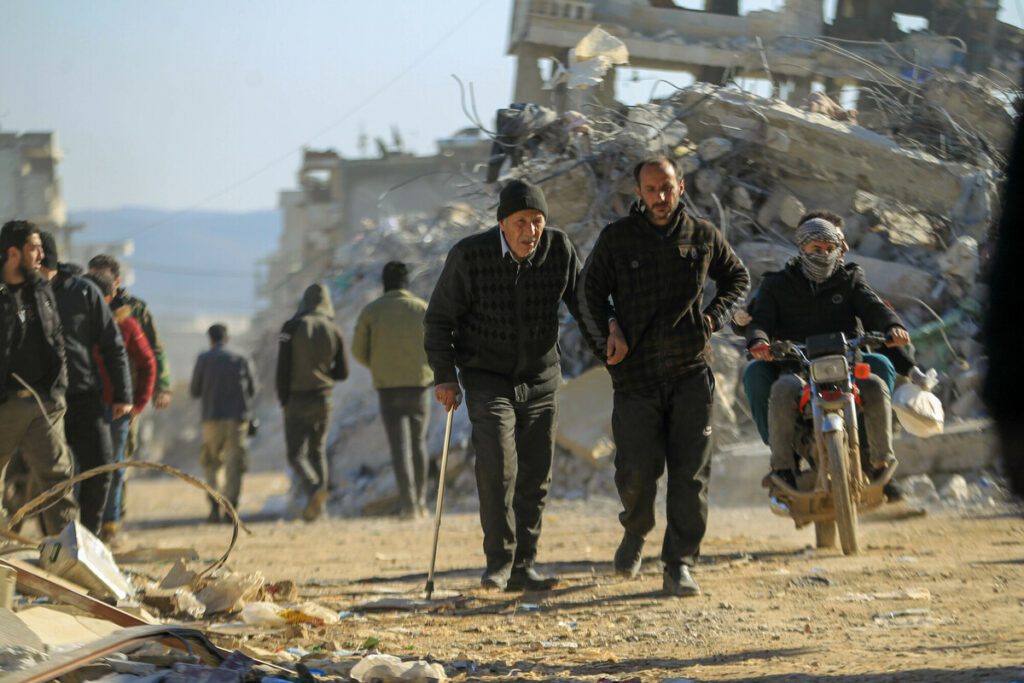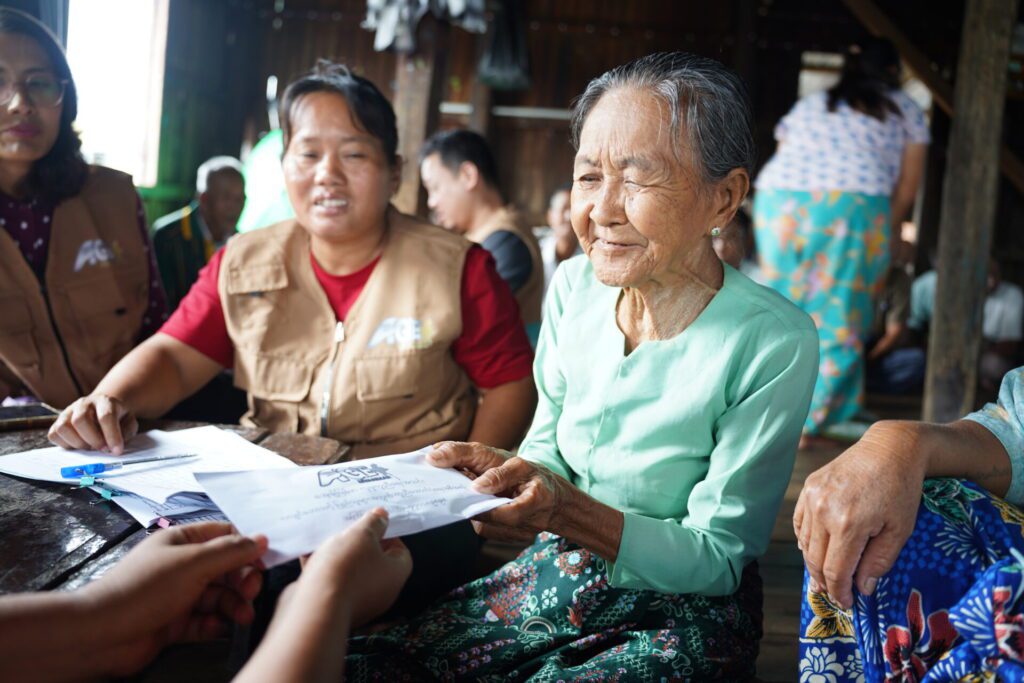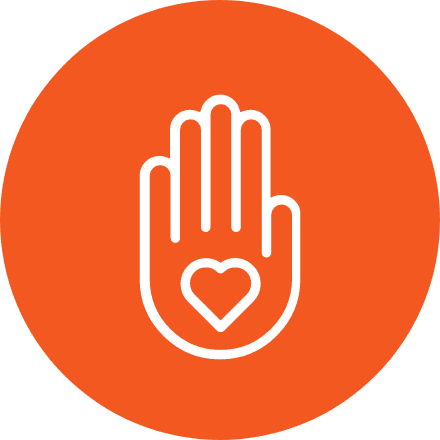Conflicts and Crises
Humanitarian crises disproportionately affect older people — yet they are often overlooked.
During conflict and emergencies, communities and essential systems collapse. Older people are among the most affected, but also the most invisible. Despite global commitments to inclusive humanitarian action, older people are often excluded from planning, data collection, and decision-making, leading to major gaps in aid and protection.
The number of older people impacted by humanitarian crises is rapidly increasing. In low- and middle-income countries where conflict and disasters are most likely, the proportion of people aged 50 and over is expected to double by 2050.
A radical shift is needed. Older people must be heard, counted, and supported in ways that respect their dignity, contributions, and rights.
Learn More
Promoting and Strengthening Older Age Inclusion in Humanitarian Action
If Not Now, When?
Out of Sight, Out of Mind
Funding for Older People in Humanitarian Crises
I Go to Sleep on an Empty Stomach
Where We Work
Through our global network, we work with international and local partners from more than 199 organizations in 98 countries. HelpAge USA supports older people in crises and conflicts around the world, including:
Older People in Emergencies
Older people often face barriers that exclude them from humanitarian response and recovery. Common barriers include:
- Inaccessible aid distribution: Food distribution points can be difficult for older people to reach and food packages do not cater to older people’s particular nutritional requirements.
- Mobility and safety challenges: Emergency aid such as shelters, water supplies, toilets, and health centers are rarely designed for people with disabilities or limited mobility.
- Isolation: Older people who are physically unable to flee during crises are often left behind, separated from their families and community support.
- Health risks: Chronic conditions that are common in older people such as diabetes, hypertension, or dementia can become life-threatening when medicine or care is unavailable.
- Economic exclusion: Livelihood and microcredit programs often overlook older people, leaving them without ways to rebuild their income.
The result is a “one-size-fits-all” response that leaves older people behind.
Our Approach
As part of the HelpAge global network, we actively support a global movement for change to ensure that older people can access humanitarian aid safely, equitably, and with dignity.
Our localization strategy allows us to deliver support through our global network partners and organizations that are already on the ground and embedded in communities, enabling faster mobilization, stronger trust, and services shaped by the voices of older people.
We also advocate for and help implement age-inclusive humanitarian action that recognizes older people’s rights and contributions.
This includes:
– Coordinating with partners to provide essential services such as healthcare, nutrition, and protection
– Ensuring data collection and decision-making include older people’s perspectives
– Reducing isolation and discrimination in disaster and conflict settings
– Providing safe spaces for older people to come together to rebuild and drive change
– Delivering mobile health clinics and mental health support to older people who are displaced or unable to leave
– Meeting essential needs through hygiene kits, assistive devices, and other items tailored to older people
– Advocating with US policymakers about the importance of inclusive humanitarian responses

Humanitarian Inclusion Standards for Older People and People with Disabilities
To drive lasting change, HelpAge helped develop the Humanitarian Inclusion Standards for Older People and People with Disabilities through the Age and Disability Capacity Programme (ADCAP), a global framework guiding aid organizations to act inclusively from the start of every response.
Read more to find guidance across all areas and at all stages of emergency response to ensure older people and people with disabilities are not left out.






